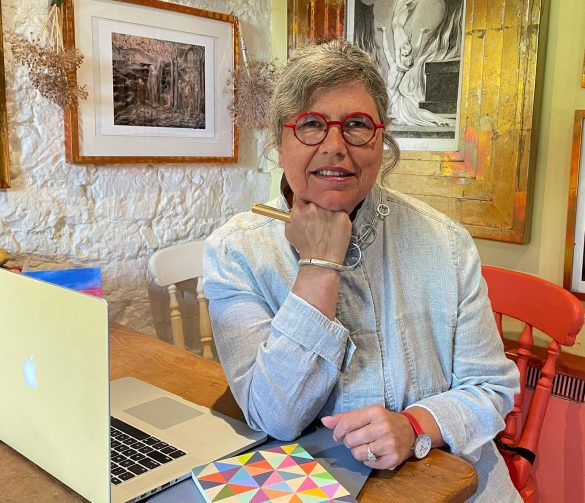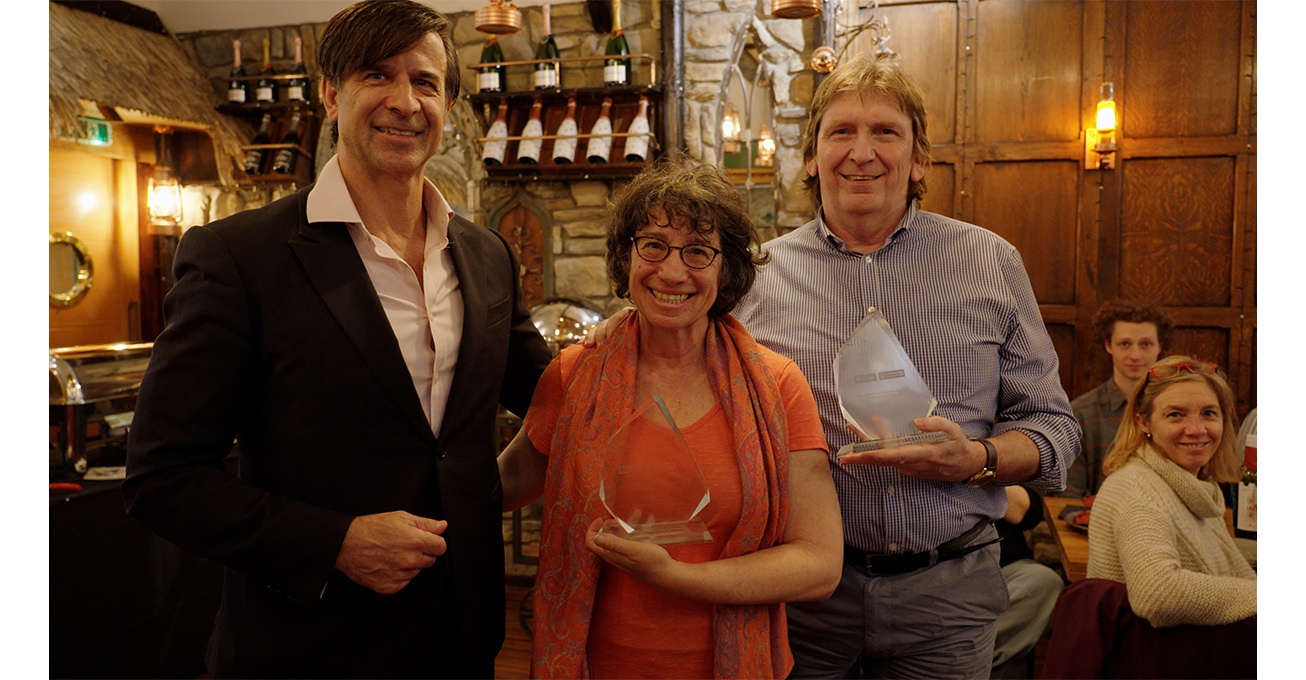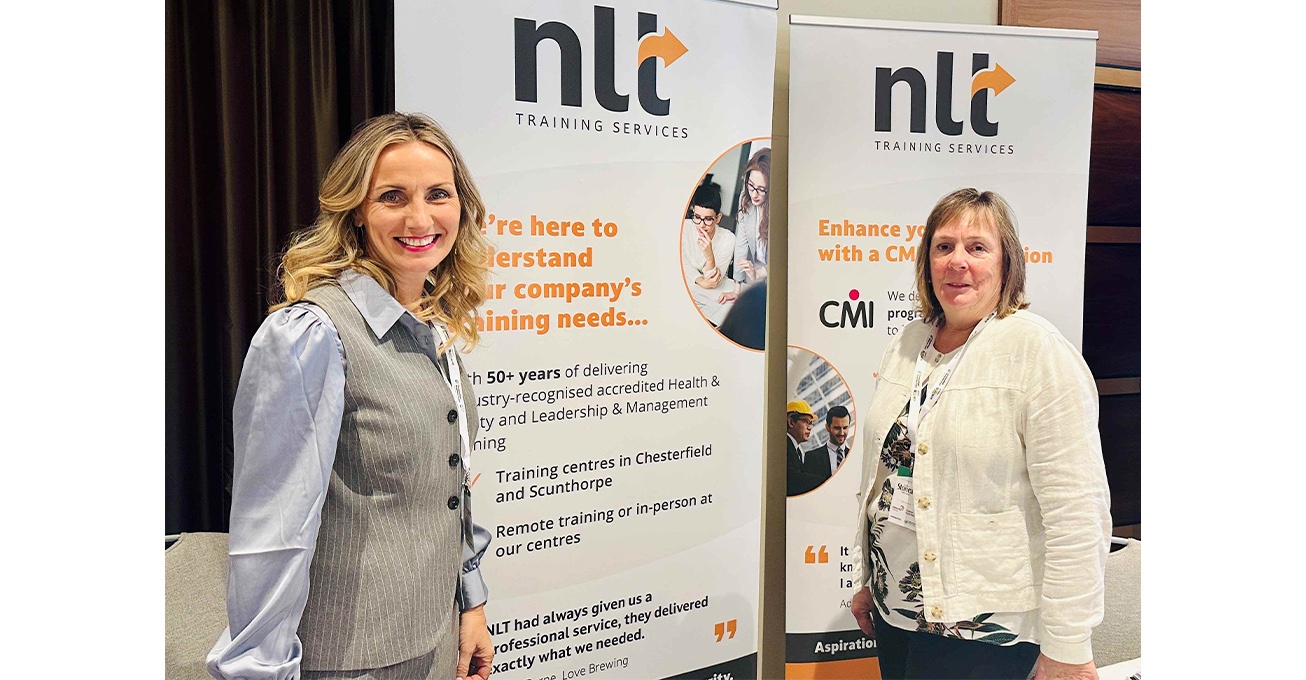Jo Murphy has been a leading communication skills specialist for medical professionals for over 15 years, having helped train over 1,000 NHS doctors and medical trainers in interpersonal skills to help support vital communication with colleagues and patients, ensuring they can manage and react correctly to any difficult medical scenario.
In her role, she coaches trainee doctors in their interpersonal skills, specifically, those involving physicality, gesture, facial expression and vocal delivery, so they respond in a more engaged and empathic way with us, their patients.
In their exams, trainee doctors are assessed in three key areas: clinical skills, consultation skills – and communication skills. Thus, understanding how to be more present to their patients, in the practical areas listed above, is crucial.
For many, going to their surgery can be a little daunting, especially if the consultation isn’t with the usual doctor. Whilst patients aren’t expected to ‘perform’ in the consulting room Jo has outlined some tips to help make the most of our visit to the surgery and avoid falling into some bad habits:
-
- When feeling a little daunted, we can often default to looking a bit like children when we sit in front of our doctors (angled away from the doctor, shoulders hunched, going blank facially and verbally, fidgeting our hands, stumbling and mumbling our sentences) so we need to make sure we are presenting ourselves, physically, in an adult posture.
- We need to take a deep breath and address the doctor with steady confidence, ideally making eye contact when stressing a point.
- We need to avoid droning vocally (again, hard if you’re not feeling your best) – the doctor will listen more attentively if your voice has at least some energy, pitch (ups and downs) clarity and emphasis to it. It’s also important not to rush your sentences and to answer the doctor’s questions as decisively as you can.
- What should you do with your hands? Keep them still while you listen to the doctor if you can. Feel free to gesture when you’re talking, ideally with both your hands. Gesture can be compelling when it comes to keeping others focused on what you’re saying.
- It can be hard to grab the attention of a possibly exhausted doctor without coming across as rude. However, we as patients shouldn’t have to be tending to our doctors’ problems. If a doctor seems to be inattentive you might risk asking “Is everything all right, Dr?” as it might make them aware of their lack of focus and bring their attention back to you.
- What should you do with your hands? Keep them still while you listen to the doctor if you can. Feel free to gesture when you’re talking, ideally with both your hands. Gesture can be compelling when it comes to keeping others focused on what you’re saying.
- We need to avoid droning vocally (again, hard if you’re not feeling your best) – the doctor will listen more attentively if your voice has at least some energy, pitch (ups and downs) clarity and emphasis to it. It’s also important not to rush your sentences and to answer the doctor’s questions as decisively as you can.
- We need to take a deep breath and address the doctor with steady confidence, ideally making eye contact when stressing a point.
- When feeling a little daunted, we can often default to looking a bit like children when we sit in front of our doctors (angled away from the doctor, shoulders hunched, going blank facially and verbally, fidgeting our hands, stumbling and mumbling our sentences) so we need to make sure we are presenting ourselves, physically, in an adult posture.
Finally, it’s good to be as polite to the doctor as you’d want them to be to you – it’s important to respect that they have not chosen the 10-minute consultation time themselves – and they are under great pressure to see large numbers of patients each day, not ideal for them, or for you.
To help with the huge skill gap Jo has moved her course online, Doctors Interpersonal Skills 360, to enable more doctors both in the UK and internationally to benefit from her vast experience through 12 easy-to-follow modules.
Jo Murphy’s communication course has already gained accreditation by the Royal College of General Practitioners in the UK and is available now for any medical professional who wants to advance their interpersonal skills with patients and colleagues.
To find out more about the course visit – Doctors Interpersonal Skills 360.







